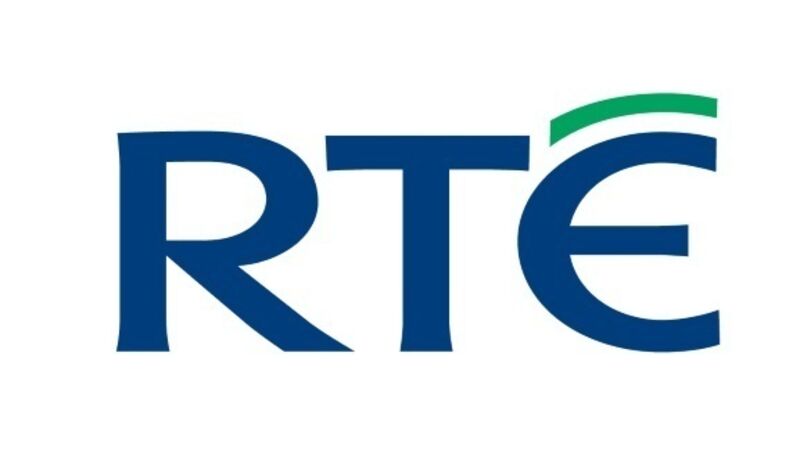Readers Blog: Do we need a State-owned broadcaster?

The hullabaloo about the gender pay gap in RTÉ follows the publication of comparable data by BBC. The 56th annual report discloses cash-strapped RTÉ reported a deficit in 2016 of €19.7m from total revenue of €337.3m on top of a pre-existing cumulative deficit of €15.1m.
The Irish public would seem far less ready to support our national broadcaster than the British public is to support theirs. Some 76% of the cost of running the BBC is financed by £3.7bn in licence fee revenue collected from 25.5m licence holders, with relatively little incidence of non-compliance, or licence fee evasion.
















